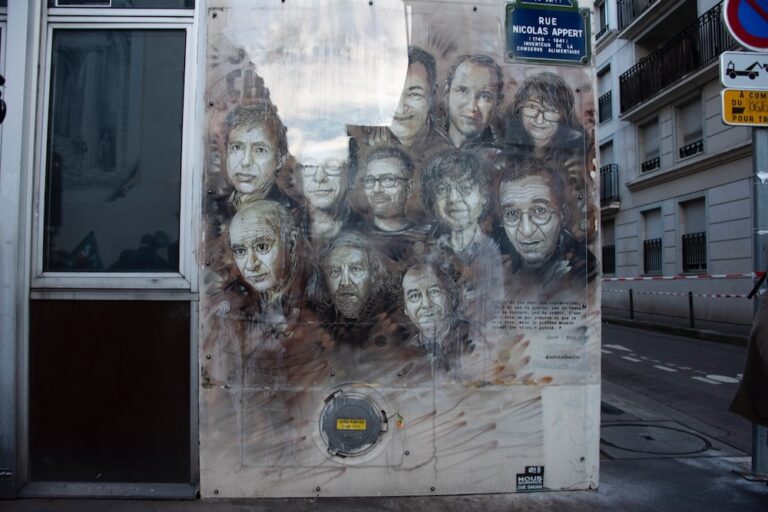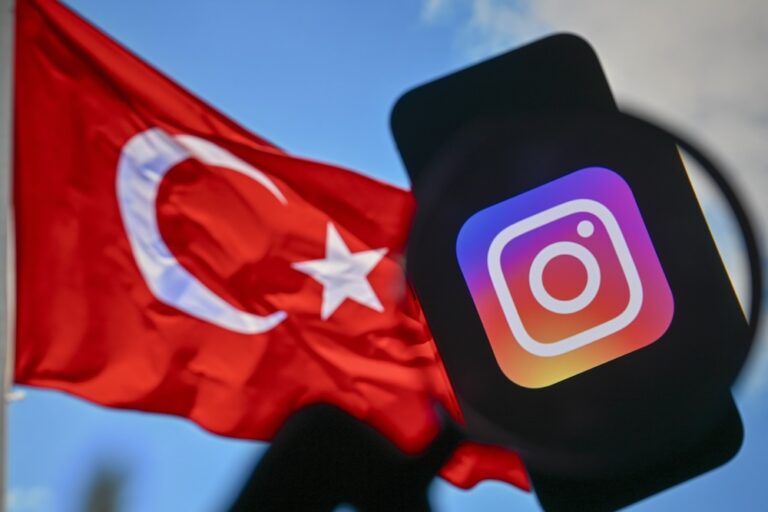A resolution adopted by the UN Human Rights Council recognises the important role of information and communication technologies in protecting the rights to peaceful assembly and association, and calls upon states to promote and facilitate Internet access.
(ARTICLE 19/IFEX) – 1 October 2012 – ARTICLE 19 welcomes the UN Human Rights Council’s adoption of a new resolution on the rights to freedom of peaceful assembly and association.
Adopted on 27 September 2012, the resolution is important as it:
* Recognises the important role of information and communication technologies in protecting the rights to peaceful assembly and association.
* Calls upon states to promote and facilitate internet access.
The resolution on “the rights to freedom of peaceful assembly and of association” (A/HRC/21/L.25) was adopted at the 21st Session of the UN Human Rights Council (UNHRC) in Geneva. The resolution, tabled by the United States, received the support of more than 50 state delegations and was adopted without a vote.
We welcome the resolution as a positive statement which recognises the importance of the rights to freedom of peaceful assembly and association for all people. In particular, we welcome the fact that the resolution:
* Reiterates the important role of new information and communication technologies (ICTs) in enabling and facilitating the enjoyment of the rights to freedom of peaceful assembly and of association
* Reiterates the importance of all states promoting and facilitating access to the internet
* Reiterates the importance of international cooperation so that the media and information and communications facilities are developed in all countries
* Calls upon states to respect and fully protect the rights of all individuals to assemble peacefully and associate freely, online as well as offline
* Stresses that respect for the rights to freedom of peaceful assembly and association helps to address and resolve challenges and issues that are important to civil society. Examples include: the environment, sustainable development, crime prevention, human trafficking, empowering women, social justice, consumer protection, to achieve all human rights.
The resolution expresses concern at the limitations which states impose on the rights to freedom of peaceful assembly and association. ARTICLE 19 shares these concerns. We have seen a number of countries legislating and acting to restrict the rights to peaceful assembly and association in recent years, both offline and online.
* 29 September 2011, Sierra Leone: Police announced an indefinite ban on all political rallies and public meetings. Although the ban followed incidents of violence at assemblies in the country, its indefinite and blanket nature violates the principles of necessity and proportionality, required by Article 21 of the International Covenant on Civil and Political Rights.
* November 2011, Ecuador: ARTICLE 19 reported that 192 members of social and indigenous groups were being detained under “terrorism” and “sabotage” charges for protesting against a law seeking to privatise water supplies.
* 8 March 2012, Tunisia: The Ministry of the Interior announced an indefinite ban on all demonstrations, marches and forms of collective expression on Habib Bourgiba Avenue, Tunis. This had been a focal point for demonstrations in the capital during the revolution a year earlier. Demonstrators attempting to reach the avenue on 9 April 2012 were met by the police, who used tear gas and truncheons to While the right to freedom of peaceful assembly is allowed to be restricted to protect public order, indefinite bans on one location do not comply with the principles of necessity and proportionality.
* 9 June 2012, Russia: President Putin marked his third term in presidential office by signing the Law on Meetings, Rallies, Demonstrations, Processions and Pickets for Russia. The law allows excessive administrative fines of up to RUB 300,000 ($9,300) for unauthorised assemblies. Also in June 2012, the Moscow City Court upheld a district court decision to ban gay pride marches in the city for the next 100 years. Earlier, in March 2012, St Petersburg became the fourth Russian city to ban “homosexual propaganda”, a move that severely restricts the freedom of peaceful assembly and association for advocates for lesbians, gays, bisexuals and transgenders (LGBT).
We have also seen a rise in the number of blanket restrictions on access to the internet and to telecommunications networks. This seems to aim to curb people’s ability to associate online and organise assemblies.
* 27 January 2011, Egypt: The authorities all but shut down the internet and mobile communications throughout the country for five days in an attempt to curb public demonstrations calling for regime change
* 3 June 2011, Syria: The authorities blocked all internet services the day before more than 50,000 protesters took to the streets to mark “Children’s Friday” in honour of children killed during the uprising
* August 2012, Belarus: The State Security Committee arrested a number of moderators of online communities. They interrogated and beat them, searched their apartments and confiscated their laptops. Pavel Yeutsikhiyeu, a moderator of the “We’ve had enough of this Lukashenko” group on the Russian social networkVKontake, was sentenced by Minsk’s Kastrychnitski district court to five days in prison. The government is also reported to have hacked into a number of online discussion forums to remove content and to libel forum administrators.
* 21 September 2012, Pakistan: The authorities blocked all mobile telephone reception in 15 cities to prevent demonstrations against the film The innocence of Muslims. Similar “kill-switch” tactics were used to control national celebrations in the country, including Eid on 20 August 2012, Independence Day on 14 August 2012, and Pakistan Day on 23 March 2012.
ARTICLE 19 sees the new resolution as a timely response to such significant challenges to the protection and promotion of the rights to freedom of peaceful assembly and association.
In his 2012 report, the UN Special Rapporteur on the rights to freedom of peaceful assembly and of association, Maina Kiai, recognised the “increased use of the Internet, in particular social media, and other information and communication technology, as basic tools which enable individuals to organize peaceful assemblies.” The report calls on states “to recognize that the rights to freedom of peaceful assembly and of association can be exercised through new technologies, including through the Internet.” He reiterated calls made by the UN Special Rapporteur on the promotion and protection of the right to freedom of opinion and expression, Frank LaRue, for “all States [to] ensure that Internet access is maintained at all times, including during times of political unrest”.
ARTICLE 19 therefore welcomes the adoption of the resolution and, in particular, the fact that it affirms that these rights apply as much online as offline. We call on all states to review their domestic laws and practices to ensure that they comply with the new resolution and with other international human rights standards in this area.


